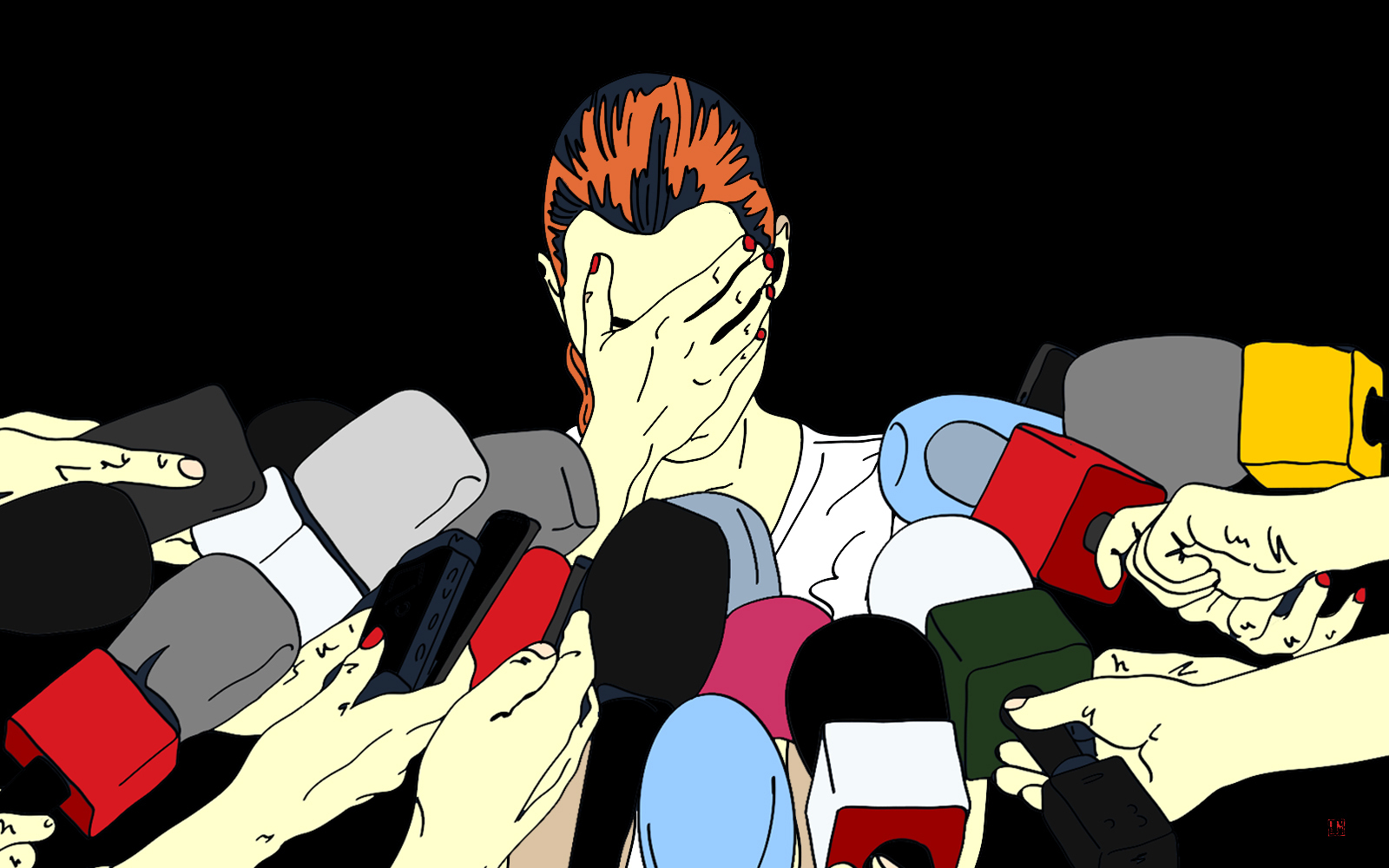
In a promising step recognizing the rights of survivors of war-related sexual violence, a new law (№10132 — ed.) comes into effect today in Ukraine. It will be the first law in the world to provide survivors of conflict-related sexual violence (CRSV) with the opportunity to receive interim reparation payments during an active war.
The law offers support to people who have suffered sexual violence related to Russia’s war on Ukraine, and children born as a result of such violence. Benefits include immediate cash payments, free legal aid, temporary emergency shelter, psychosocial support, and official recognition “as a victim of sexual violence” in relation to the war.
This need for official recognition was highlighted as a priority in a 2022 report based on the perspectives of CRSV survivors in Ukraine produced by national NGOs and the Global Survivors Fund, an international expert body. Some survivors suggested a “victim status” to recognize their rights. One said such an official status was necessary to protect her from stigma, and another saw it as an acknowledgement by the government of the harms that survivors suffered.
The new law says it will guarantee a “respect for honor and dignity and for humane treatment” for survivors. This is an encouraging move, but there is still a long way to go to change the culture in how survivors are treated. We have seen how attitudes in the media and in the criminal justice system still harm CRSV survivors and fail to ensure survivor-centered support and protection.
As of now, prosecutors are currently dealing with at least 344 official cases of CRSV, though human rights groups believe the real number of crimes is much higher. In Ukraine’s national media, the issue of Russian soldiers raping or sexually assaulting people in occupied territories are often reduced to official statistics or how a certain law enforcement agency is working to identify the perpetrator. This type of reporting is often centered around the Russian soldiers accused of CRSV or the Ukrainian government agency that identified them. This approach frames the victims/survivors in a way that highlights the severity of the crime, but sidelines survivor perspectives.
A focus group study conducted by the National Union of Ukrainian Journalists revealed several barriers to CRSV reporting: local journalists are afraid they won’t get paid for the material if the interviewee withdraws consent for the publication; there is psychological stress from working on CRSV issues; there is a lack of journalists willing and/or capable of taking up the topic; and there is a lack of training. While there are several courses organized by Ukrainian media organizations that provide training for both trauma reporting and sensitive reporting, and some materials available online in Ukrainian, they remain underutilized and poorly known.
In 2022, Human Rights First helped produce a guide by local experts on how the media should (and should not) report war-related sexual violence. However, resources like this are often only utilized by those already specifically interested in covering CRSV or other war crimes.
Despite some strong examples of media covering CRSV in the Russia-Ukraine war, Ukrainian and foreign journalists still sometimes use sensationalist headlines, describe explicit details of rape or sexual assault, or fail to respect survivor anonymity.
Psychologist Halyna Huz, writing for the Ukrainian outlet Gender in Details, noted that she’s often uncomfortable with how CRSV is reported. “The information is presented as if it literally forces you to physically experience all that horror with the victim [with] vivid (but horrifying) details.” She notes the negative effects that such visceral reporting might have on the survivor, their relatives and loved ones, and readers who went through a similar experience.
Foreign journalists covering CRSV in Ukraine have been known to ask interpreters to pressure more details out of a survivor, and to provoke them to show emotion—risking retraumatization in the pursuit of a “good story.”
Last month, the Ukrainian Legal Advisory Group analyzed a CRSV case in which a Russian soldier was sentenced in absentia to 12 years in prison for rape, and where the survivor was awarded $12,000 in moral damages. In this particular case, a video recording of the survivor’s interview was used in the court hearing—an approach that helped reduce emotional stress and the risk of re-traumatization.
However, during many other investigations into CRSV, survivors are often subjected to multiple interviews involving accusatory questioning, sometimes without a psychologist present.
Despite the positive outcome of this case, it also illustrated serious systemic issues. The Legal Advisory Group noted that a psychologist involved interfered with the work of the lawyer and investigators—commenting on the legal strategy and expressing his own opinion about the client’s behavior. There is a severe lack of appropriately qualified psychologists, and the regulations governing them are outdated.
Another troubling issue noted by the group is competition among Ukrainian human rights organizations, with some reportedly engaging in unethical practices to “poach” CRSV clients.
Today’s new law won’t solve these problems, and it doesn’t explain how further payments to survivors will be paid, or who will fund them. But it is a good start, and an appropriate way to mark tomorrow’s International Day for the Elimination of Sexual Violence in Conflict.
Ukraine needs better regulations and practices to address this large-scale problem, but it also needs a culture shift in its media and criminal justice systems. Just as newsrooms covering Ukraine have generally learned to avoid immediately publishing photos of Russian missile attacks to prevent secondary strikes, they must also learn how to responsibly and ethically report rapes and sexual assaults—without further harming survivors.
Authors: Yana Sliemzina, editor and reporter for Gwara Media in Kharkiv, Ukraine, and Brian Dooley, Senior Advisor for Human Rights First.
The post New Ukraine law on conflict-related sexual violence offers improvements for survivors, but media, legal culture need to change appeared first on Gwara Media.
